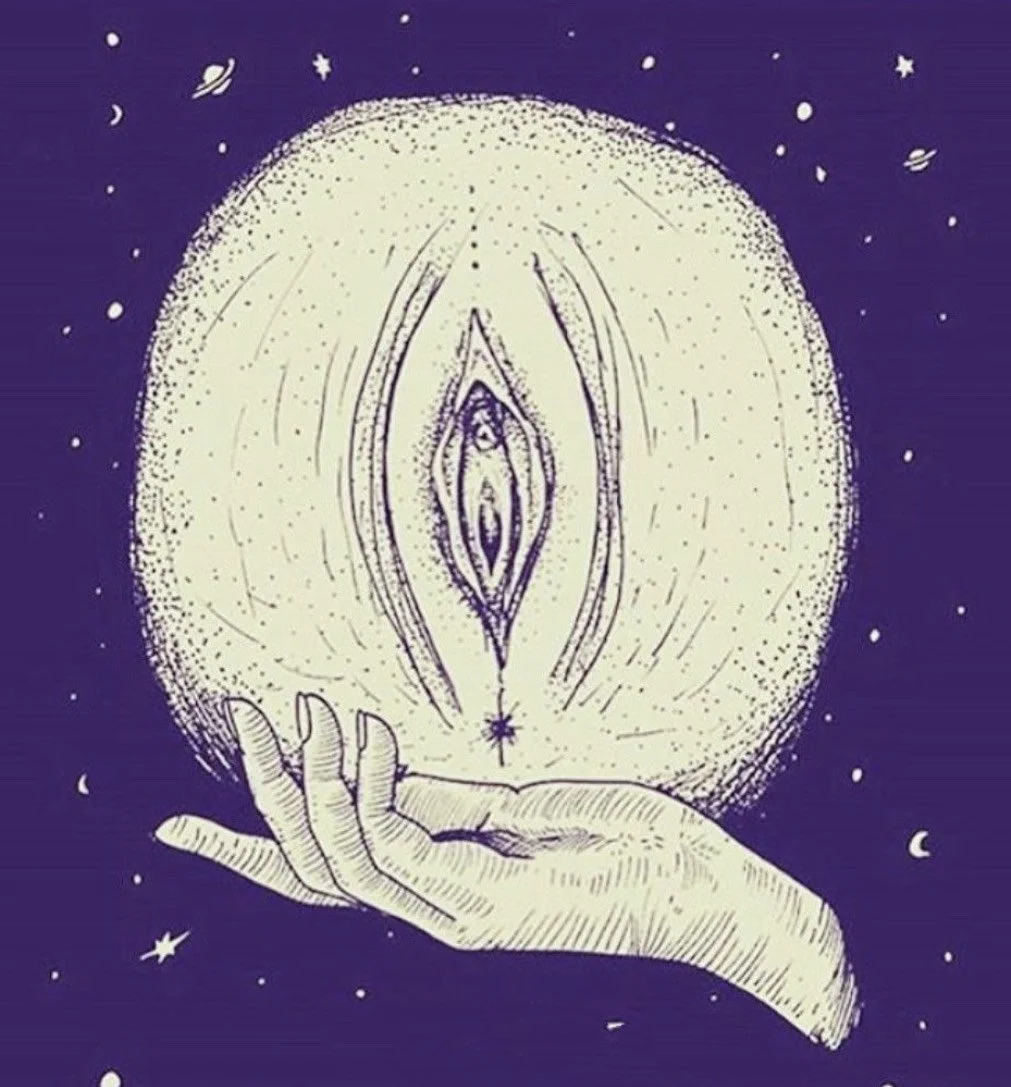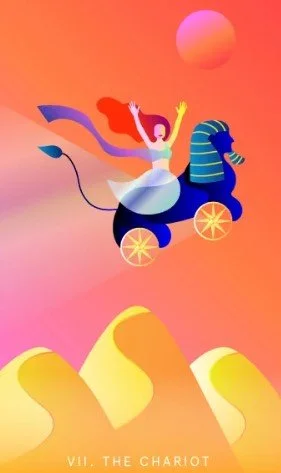The (Non) Evolving Tumblr Narrative
Social media conversations need some work
By Morgan Shelley
Nostalgia can be dangerous.
Defined as a desire to return to a moment from the past or something that elicits a desire to return to a moment from the past, nostalgia is something that everyone can relate to. Some of us still listen to our favorite high school bands, daydream about neighborhoods we used to live in and miss the meals our guardians prepared for us when we were young. The ever-popular “Stranger Things” series, the “Taylor’s Version” phenomenon and Y2K fashion are a few examples of nostalgic cycles—these things recreate and reimagine what we once knew (and loved) and serve them to us on silver platters. While it is normal to miss and reflect on things, doing this for too long is unhealthy.
Nostalgia is concerned strictly with the past. If you constantly think about what once was with longing (especially if it was not good), you can lose sight of reality. This often leads to suffering and the creation of illusions. And you are probably wondering, “Well, what does nostalgia have to do with Tumblr?”
Everything.
What is Tumblr?
“Whatever you want it to be,” according to the websites’ about page. As a journalist, I am obligated to say it is a social networking and blog website founded in 2007 by David Karp. (The first question I saw while Googling was, “is Tumblr still a thing 2022?” Not sure who’s asking but yes, it is. Tumblr is forever.) A few buzzwords that many associate with Tumblr include gay, aesthetic, music, fandom, hellsite, questionable, etc. It is a place where no two experiences are alike and GIFs are abundant. “I love how there aren’t expectations or apparent pressure,” responds Ella Tracy ‘26 (Political Science and Public Policy, she/her) when asked what she likes most about Tumblr. “It’s just a place to be whoever you want to be without judgment.”
The networking site has recently witnessed a popularity boom that found its origins on another networking site (TikTok), but it has also seen an increase in criticism and the spread of misinformation. “the Tumblr era is back…and we should be worried,” whispers the title of one Youtube video published a month ago by Nicole Rafiee. “the tumblr girl is coming back,” declares another Youtube video published nearly a year ago by Mina Le (“AND WHY I’M AFRAID!” the video’s caption adds). Many believe Tumblr “died” in December 2018 when mature content was banned sitewide for numerous reasons (primarily the discovery of child pornography on the platform). Queer communities were impacted the most by this decision and it was recently revised in a new set of Community Guidelines nearly four years later.
Other shadows that have long lurked in the background of Tumblr include the widespread romanticization of mental illness and eating disorders, harassment and an overall lack of diversity. When people say Tumblr is making a comeback, they are often referring to 2010-2015 Tumblr in particular. (This is what nostalgia is all about, folks.)
My Tumblr dashboard. Credit: The Wheel
How does it work?
Your dashboard is home base. You can search for things, create content, check out suggested blogs, scroll through new posts from people you follow, check out hashtags you are subscribed to and more. If you look near the top right of my dashboard image, the little compass is your explore page, the little mail icon is your inbox, the smiley face is for messages, lightning bolt is your account activity and the ghost is where you can find settings, switch between blogs, find the help page, etc. Your settings is also where you can show, blur or hide certain content, adjust your inbox and submission rules, make your account private, change your layout and so on.
You can also customize your blog theme and code. This allows users to create an online space that is entirely their own.
A few social media applications. From left to right: Tumblr, Twitter, TikTok and Instagram. Credit: The Wheel
Tumblr bad? + Bottom Line(s)
Curating your online experience in our wild world is more than an option, it is a necessity. Here’s a blog post that gives tips on having a good internet experience. Some general practices I like to follow include limiting my usage with app reminders and timers, using the tools at my disposal to filter what content crosses my path, walking away when necessary and, frankly, minding my own business.
“The most harmful platforms for me are the ones where I can see other people,” Tracy shares when asked how social media influences her. “Repetition of certain things worm their way into my brain and direct my focus away from things I want to be focusing on.”
Simply declaring social networks bad doesn’t add anything meaningful to the conversation. While the questionable functionality, challenges and community behaviors of some websites can regularly create negative user experiences—I’m looking at you, TikTok—the platforms alone are not responsible. Things that happen online do not have one solution and fault (typically) does not fall on one individual. Minors regularly find ways to access social media, cyberbullying has always been an issue, censorship will continue and there will always be individuals online who should not be.
I like Tumblr because my feed moves at a slower pace, blog posts are great for discussing serious topics, the memes are golden, I can easily find content I’m interested in, the functionality is easy for my brain to understand, I love GIFs and fandoms and I’m prone to rambling. The platform also has large artistic and Queer communities. “I think the anonymity of the platform makes it more enjoyable than other platforms and partially eliminates the risk of comparison,” Tracy adds. “And it’s very easy for me to curate what I see.”
Whatever we like, it’s up to us to use discretion online and curate our own experiences as much as possible. One user’s experience is not everyone else’s. (Also, it is not the early 2000s anymore.)
And no, Tumblr is not dead. Not yet, anyway.








